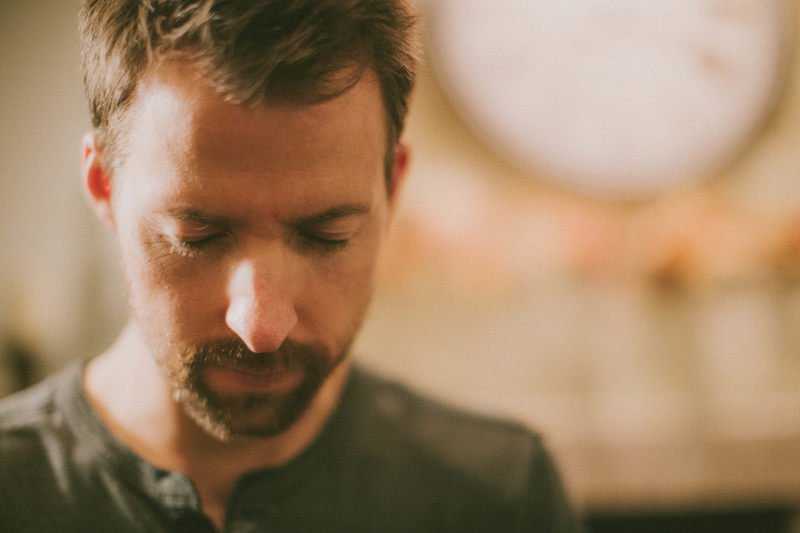Once again I was stuck—physically exhausted, emotionally drained, and spiritually struggling. I sat in a stupor, worrying about one of my kids. The more I thought about this child the more my imagination went wild. What if this problem was really serious? What should I do? The issue seemed huge. I slumped in despair.
I knew I should trust God, and I really wanted to, but gritting my teeth simply didn’t yield faith.
And then, in one of those aha moments, I realized the problem. The issue had become bigger than God. I needed to discover in a fresh way how massive he is.
One reason our problems grow while our faith wanes is because we approach spiritual growth the same way we approach natural growth. But this strategy doesn’t work, since they’re very different processes. Understanding this difference is vital as we attempt to grow in faith and experience the greatness of God.
Declaration of Dependence
From the time our children are young, we teach them to become independent. We train them to use the bathroom, pick up toys, do laundry, and keep appointments. Our goal is to raise confident adults who will be a blessing to society. Becoming increasingly independent is the pathway to maturity. We take on new challenges, and we learn to accomplish new things by ourselves. As independence blossoms, so do we.
Spiritual growth is completely different. Spiritual growth and maturity occurs when we become more dependent on God, not less.
As a young believer, I tried so hard to please God. I wanted to get this faith thing down. But the harder I tried, the more miserable I became. Finally, I realized that spiritual growth wasn’t about trying harder in my own strength as much as surrendering to God’s strength—essentially saying, “I can’t do this; I need you to do it within me.” Even now I have to admit again and again my total reliance on him.
If we try to grow spiritually in the way we grow naturally, it will only produce frustration. Spiritual growth is counterintuitive and humbling. With natural growth, independence equals freedom; with spiritual growth, God-dependence equals freedom.
New Measuring Stick
Progress is necessary for life in God’s world. Where would we be without advances in medicine, engineering, science, and technology? But while progress and productivity are good things, it’s easy to fall into the trap of making them metrics of self-worth. If my identity is in my accomplishments and success, then what happens when I fail?
Our identity must rest in the finished work of Jesus, not our own progress or productivity. He is the reason God loves and accepts us. And he answers our fears and insecurities with a promise: “I am with you” (Isa. 41:10).
It’s easy for me to evaluate myself spiritually, determine I’m not making progress, and grow discouraged. In these moments, we must remember the juxtaposition between natural and spiritual growth. Recognizing the difference, I’m freed from the standards of independence and productivity as measures of spiritual maturity.
My self-worth and yours must rest on the fact that, through faith, we belong to Jesus. I am his precious child, and so are you—period. The greater our understanding of God’s greatness, the more we will rest in his untiring goodness.
Is there enough evidence for us to believe the Gospels?
 In an age of faith deconstruction and skepticism about the Bible’s authority, it’s common to hear claims that the Gospels are unreliable propaganda. And if the Gospels are shown to be historically unreliable, the whole foundation of Christianity begins to crumble.
In an age of faith deconstruction and skepticism about the Bible’s authority, it’s common to hear claims that the Gospels are unreliable propaganda. And if the Gospels are shown to be historically unreliable, the whole foundation of Christianity begins to crumble.
































